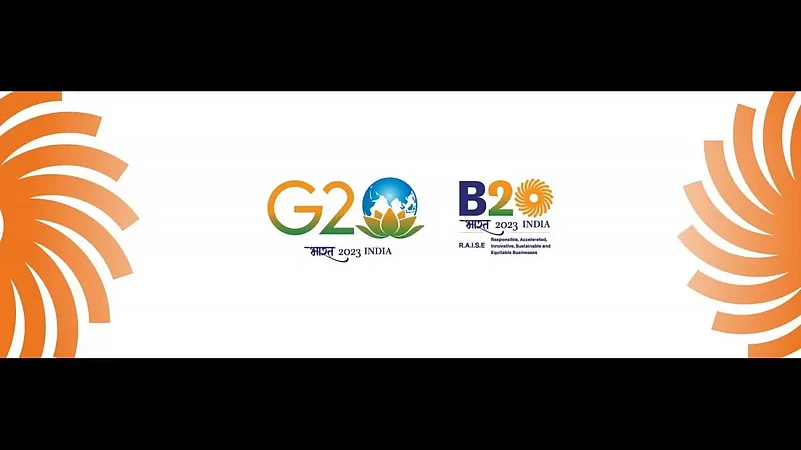The process of the world's transition towards 'net-zero' needs to be inclusive to avoid accentuation of social inequality challenge and the 'exemplary progress' made by India in the area is worthwhile for the global community to look at, ITC Chairman and Managing Director Sanjiv Puri said on Monday.
In his address at the Business-20 (B20) India inception meeting here, Puri also called for collective efforts in the G-20 and global community to come together to find solutions in a collaborative fashion for a sustainable future. "The fact that the world has to transition to net-zero, the fact that the world needs to move to a more sustainable and greener future is well acknowledged and understood. However, as we all know, progress has not been adequate," Puri said at the meeting organised by CII.
There are challenges, there are critical, financial and social issues that need to be addressed, to accelerate progress, he added.
"It is important as we traverse this complex journey that the process is inclusive, no country, no community, no enterprise should be excluded in the process. Otherwise, the whole challenge of social inequality will only get accentuated," Puri cautioned.
In this context, he said,"I think it would be worthwhile to look at the manner in which India has made exemplary progress in this area. India is on its way to deliver on the NDCs (Nationally determined contributions) that India has committed. It's in fact the only country amongst the G-20 that is in a position to do so."
Whilst India has made appreciable progress through purposeful policy interventions, he said, "Equally it has recognised the need for an inclusive process. The focus on MSME, the focus on rescaling, upskilling, I think the whole India stack of digital provides the vehicles for collaboration and inclusive growth."
Tata Steel CEO and Managing Director TV Narendran agreed that there was a need to move towards a sustainable future by taking along all the stakeholders.
"There are millions of people who are working in the coal or the fossil fuel ecosystem. How do you, as you transition into renewable energies, rescale those workers or how do you make sure that you deal with the socio-economic consequences of the changes that we are bringing about particularly in developing countries where the socio-economic consequences are going to be immense," he said.
He asserted that there are multiple areas that "we need to work on and I think there is a need for us to now get into the details and get into those milestones that we need to achieve over the next few years, even as we chase the goals that you've set for the next few decades."
Puri termed the journey ahead as "complex" with focus on many areas needed and said, "it requires all of us collectively, in G-20 and the global community to come together and find solutions in a collaborative fashion while delivering our own promises."
He cited the example of collaboration in the International Solar Alliance and said it has brought the world together to harness the power of solar energy.
"Similarly, there are many other areas we need to collaborate on and put our heads together and forge ahead," Puri said adding, enterprises as large economic organs of society must lead the way.
He further said, "We (enterprises) are also users of a lot of societal resources. It's good that there is greater amount of interest, better trust amongst corporates, but I think the movement needs to be made much faster, the movement needs to be made much more inclusive, much more widespread."


























.jpg?w=200&auto=format%2Ccompress&fit=max)




